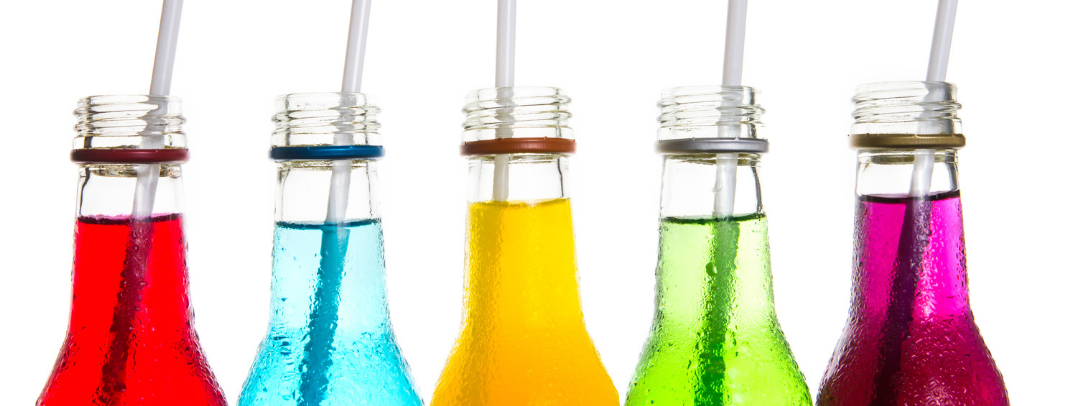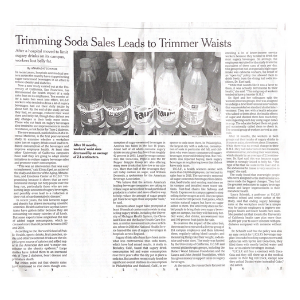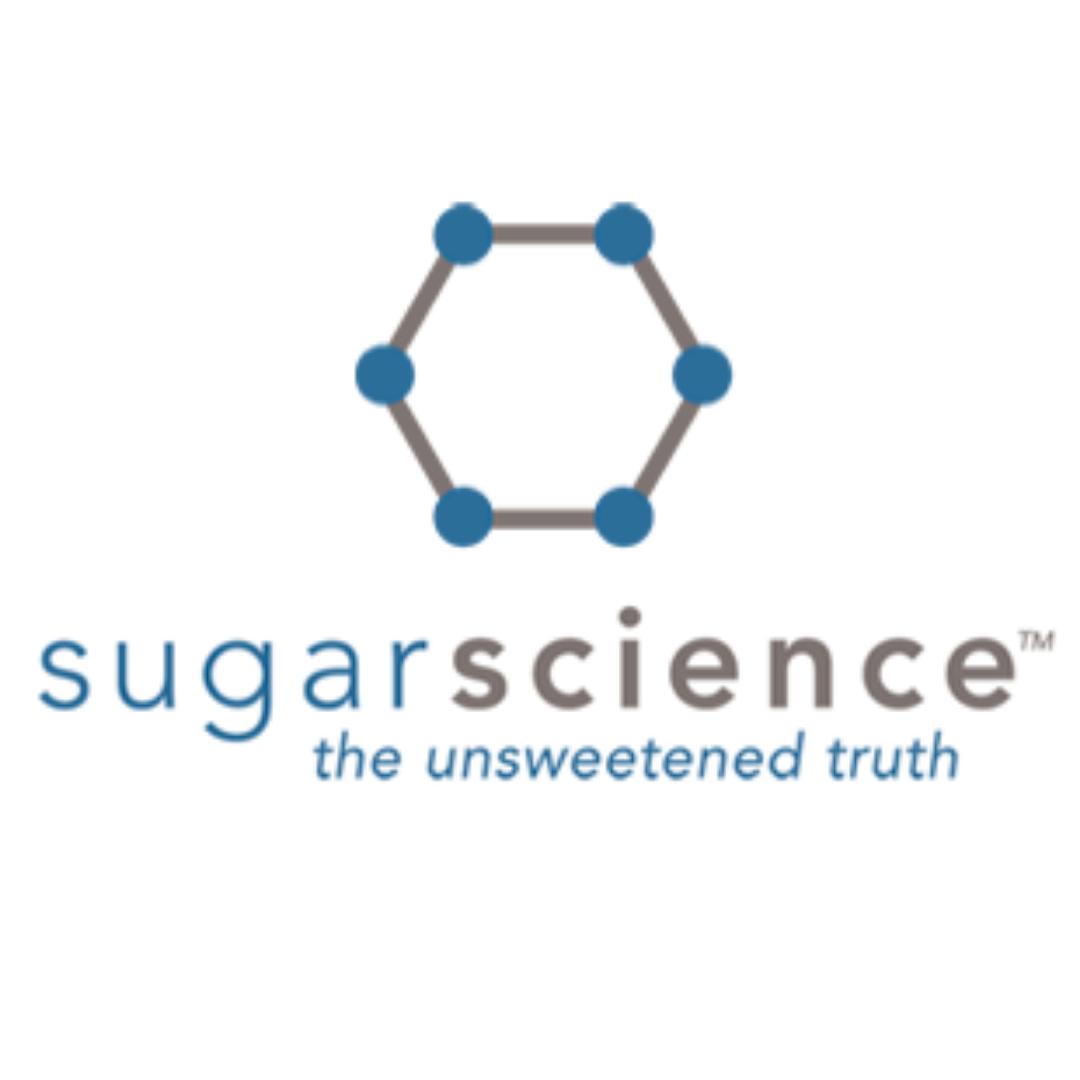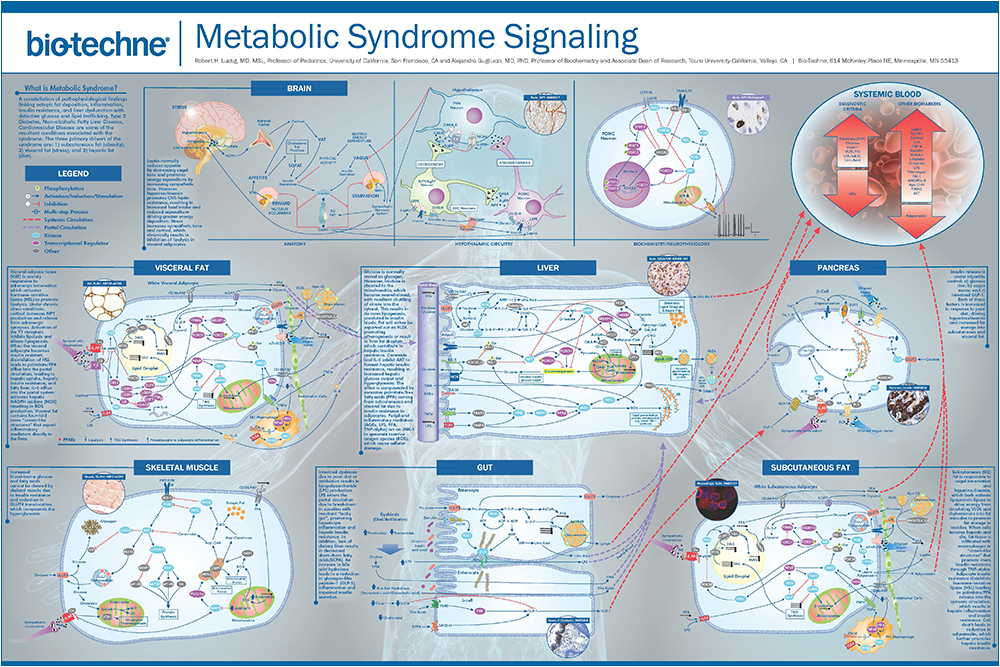Almost 70% of Participants Saw a Decrease in Waist Size, as Average Sugary Drink Consumption Nearly Halved
A workplace ban on the sale of sugar-sweetened beverages led to a 48.5 percent average reduction in their consumption and significantly less belly fat among 202 participants in a study by researchers at the University of California, San Francisco (UCSF).
Elissa Epel, PhD, lead author of the 10-month study that looked at positive health effects associated with reducing sugary beverages intake. By the end of the 10-month study, the participants who had reduced their intake of sugary beverages, like sodas, sports drinks and sweetened teas, also tended to show an improvement in insulin resistance and lowered total cholesterol.
This shows us that simply ending sales of sugary drinks in the workplace can have a meaningful effect on improving health in less than one year
Elissa Epel, PhD
UCSF Aging, Metabolism, and Emotions Center Director
“This shows us that simply ending sales of sugary drinks in the workplace can have a meaningful effect on improving health in less than one year,” said lead author Elissa Epel, PhD, UCSF professor of psychiatry and director of the UCSF Aging, Metabolism, and Emotions Center. “There is a well-known pathway from soda to disease. High sugar intake leads to abdominal fat and insulin resistance, which are known risk factors for diabetes, heart disease, cancer and even dementia. Recent studies have also linked sugar intake to early mortality.”

The study, which publishes in the Oct. 28, 2019, issue of JAMA Internal Medicine, had begun in the period before UCSF ended the sale of sugar-sweetened beverages across all of its campus sites and medical facilities in 2015. The participants, who were all UCSF employees, were assessed again 10 months after the sales ban had begun.
Read The UCSF Press Release Here
READ THE FORBES MAGAZINE RELEASE HERE
 Sugar Toolkit
Sugar Toolkit
More resources on sugar and it's related health conditions.
UCSF Sugar Science
SugarScience.ucsf.edu is designed as an authoritative source for the scientific evidence about sugar and its impact on health. Developed by a team of health scientists from the University of California, San Francisco (UCSF), the site reflects an exhaustive review of more than 8,000 scientific papers that have been published to date, with a focus on the areas where the science is strongest – specifically, on diabetes, heart disease and liver disease.
The Face of Food Addiction: Living Through and Beyond
An increasing number of scientific studies suggest that food, like drugs or alcohol, can have addictive qualities. Food addiction is a disease which causes loss of control over the ability to stop eating certain foods. Three people share their personal experiences and how they came through.
FoodGate: The Break-in, the Cover-up, & the Aftermath
You can't fix healthcare until you fix health. You can't fix health until you fix the diet. You can't fix the diet until you know what's wrong. Endocrinologist Robert Lustig, Dentist Cristen Kearns and Health Policy Expert Laura Schmidt explore how the US food system is going wrong. Series: "Mini Medical School for the Public."
Metabolic Syndrome Signaling
Developed in collaboration with Dr. Robert H. Lustig, University of California and Dr. Alejandro Gugliucci, Touro University-California, this poster provides a tour of the signaling events involved in glucose and lipid homeostasis, highlighting along the way molecular dysfunctions at the core of the metabolic syndrome. View our complete solutions for Metabolism Research.





